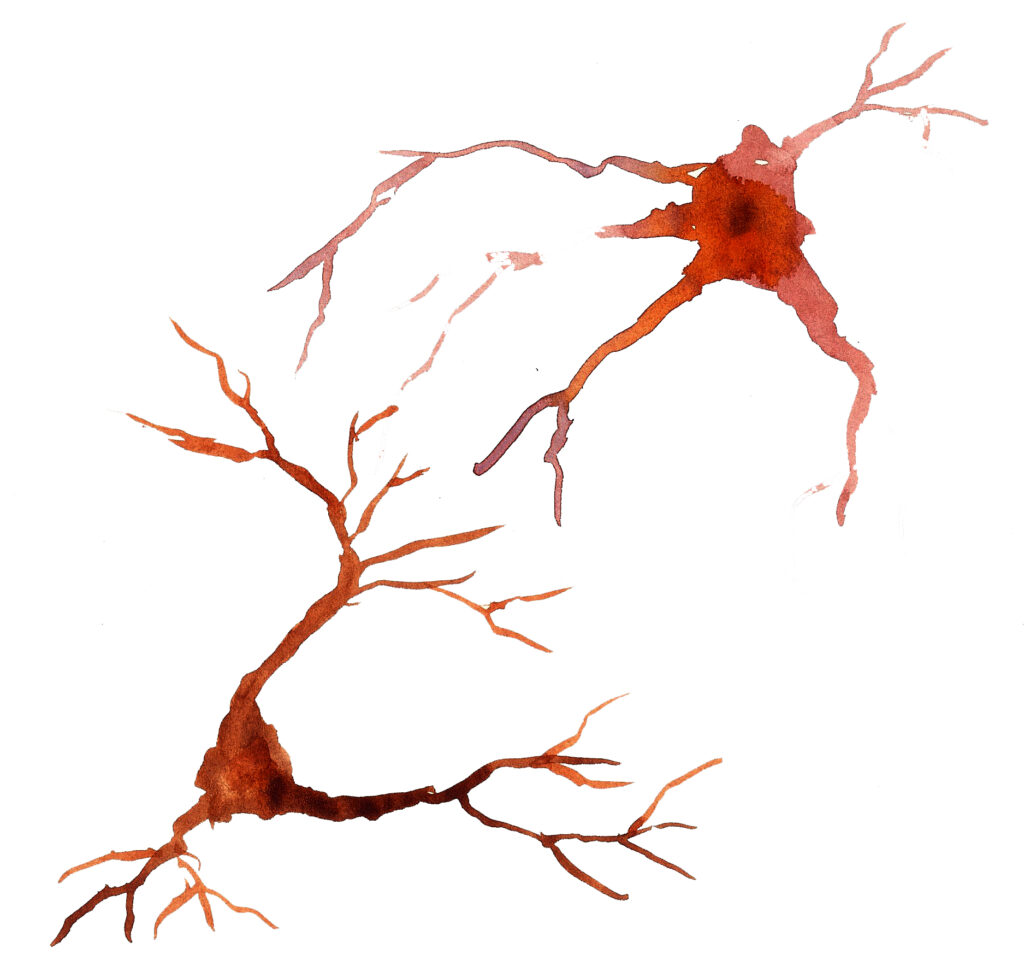Rachel Hollis is a motivational speaker who doesn’t want to motivate you. In her new book, Didn’t See That Coming: Putting Your Life Back Together When Your World Falls Apart, Hollis explains: “Motivation is fleeting. Motivation is situational…what I want is to help you develop a way of living that is so routine for you that you don’t need motivation.” When life gets tough, motivation alone won’t get you out of bed, but good habits will do the trick.
She explains: “Your great habits and positive rituals are the anchor you need in the storm, not just because they are good for you but because your brain isn’t wired to handle intense discomfort and keep making good decisions.”
Motivation doesn’t come from hearing the motivational speaker. It comes from the slow and steady process of building good habits that put you on the path of the life you want to live. In Didn’t See That Coming, Hollis does a pretty good job explaining Paul D. MacLean’s Triune Brain theory. Basically, the brain can be divided into three parts: the reptilian brain, the mammalian brain, and the “human brain” or the part of the brain responsible for governing human reason. The reptilian brain governs flight or fight response, the mammalian brain integrates memories, emotions and habits into the fight or flight response, and the rational brain governs imagination, reason, and language.
Hollis explains that when everything is going as it should, our brains are generally integrated and capable of making decisions that take into account both the moment and our larger goals, dreams, values, and aspirations. But when we are facing stress, grief, loss, or other pain, the reptilian brain takes over. Hollis holds that in times of crisis, we fall into doing the things that don’t involve thought, the easy things. If we have set a foundation of good habits, the easy things will likely be the good things we want in our lives.
Hollis notes: “I’m not obsessed with great-habit creation because those habits make the good days better (though that’s an incredible added bonus). I’m obsessed with great-habit creation because they make the bad days bearable.” She adds: “I have changed my anchors, evolved my habits, and in so doing I have made the good days great and the bad days bearable instead of self-destructive.”
What Hollis fails to address is how habits are formed—and how long they take to form. Maria Popova, in her popular blog Brain Pickings, writes about how Jeremy Dean set out to investigate exactly how long it takes a new behavior to become a habit. While pop culture has claimed that 21 days is all it takes, it turns out habits take a lot longer. Researchers at University College London found that, on average, it took 66 days for people to form a new habit. But some habits took much longer, with some taking as long as a year. When it comes to building a new habit, the most difficult days are the early days. This is why it is so easy to quit daily exercise early on, when the exercise hasn’t become part of our routine, or why it is so easy to not eat healthy when we haven’t been doing it for some time already. Remembering this truth could be helpful for people struggling to build new and healthy habits.
Habits of mind and action are the product of deliberate grit. What might appear effortless for some, is often the product of days, weeks, and months, of deliberate and intentional will power.
A few months ago I set myself the goal to wake up early to go surfing. The first few times I tried, I failed miserably. I would get up and get out a couple of days in a row, and then sleep in the next two. It took several attempts before I managed to get out for a whole week. It took all my will every morning to drag myself out of bed. It was hard, even though I love surfing, even though I wanted to be out there and was happy once I was in the water.
I don’t remember the exact moment something switched, when the inertia of not wanting to get out of bed was replaced by the momentum, joy, and excitement of getting up. I had probably been surfing every morning for a full month when it happened. But I think this is true for all habits: there is a resistance at first that is then replaced with the momentum of doing it.
Now, I won’t say that the habit is automatic yet, but the desire to get up is far greater than the desire I have to stay in bed. Good habits are hard to build.

Hollis writes: “We are only ever in control of ourselves and our actions in the moment.” Habits are one way that we can take control over what we can change.
Habits are the decisions we make when we think we aren’t making decisions.
About the Writer
Janice Greenwood is a writer, surfer, and poet. She holds an M.F.A. in poetry and creative writing from Columbia University.
